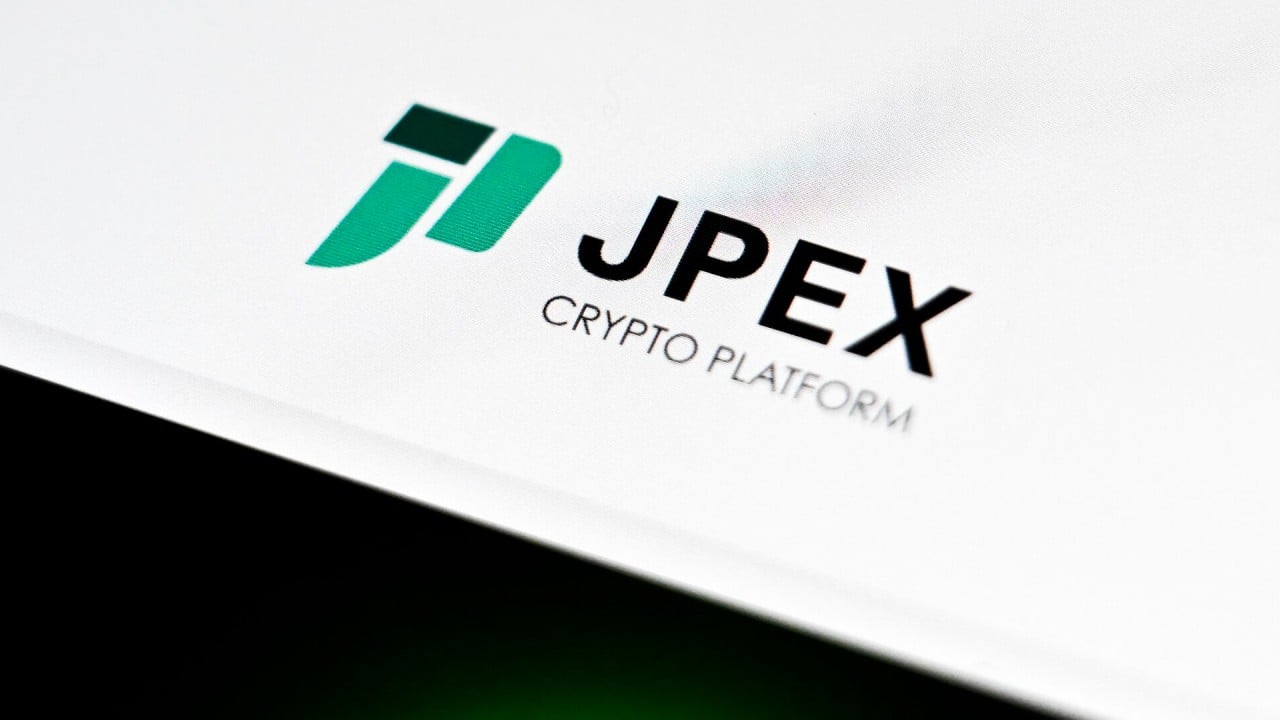Crypto
Opinion: Hong Kong’s cryptocurrency retail investors must be better protected
Regulators reportedly did not know exactly how many of such OTC outlets operate in Hong Kong. This is despite the police regularly disseminating text messages warning of email scams and the Hong Kong Monetary Authority’s anti-fraud task force.
In a borderless cryptocurrency world, real-time warnings are vital. Every cryptocurrency investor in Hong Kong should be encouraged to register with the agencies above. Ideally, this would be done through a one-stop, bilingual, user-friendly SFC website dedicated to digital asset investment.
Such a website should contain updated investor alerts, licence status lists, copies of the licences granted, the names of the directors and banks, lists of reported and known cryptocurrency scams via a “red flag list”, what can be said in promotional materials, and whistle-blower phone and email hotlines with guaranteed response times.
There should also be law firms, accountants and blockchain forensic analysis companies that can be instructed, and a retail and institutional investor crisis management checklist – for when investors realise they have been scammed, their wallets hacked or their data breached.
Gullibility can also be weakened through bilingual education seminars by speakers in the Web3 ecosystem that are sponsored by authorities such as the SFC.
In a pseudonymous, decentralised cryptocurrency world, the public’s access to data for education and enforcement may have to be centralised if Hong Kong seeks to become a global cryptocurrency hub.
High costs cloud Hong Kong’s crypto hub dream
High costs cloud Hong Kong’s crypto hub dream
A tough question is which is more important: an investor’s right to withdraw and redeem at will, or the maintenance of the exchange’s liquidity? These appear mutually exclusive. Sometimes, however, an exchange operating within the rules may have legitimate reasons to temporarily gate investor withdrawals that have nothing to do liquidity issues.
To retail investors with frozen funds, this was a coerced Ponzi scheme. Given that JPEX was based in Dubai, a centralised Hong Kong early warning system might have produced results as to the status and whereabouts of funds.
By June 1, 2024, Hong Kong-based cryptocurrency exchanges must apply for a licence or shut down. Perhaps the SFC should reserve the option of “regulatory sandboxes” in the meantime to test its requirements for virtual asset trading platforms and ensure compliance, before unleashing such platforms on an unsuspecting public.
Sanjeev Aaron Williams is a Hong Kong-based lawyer who writes on geopolitics and the digital economy
